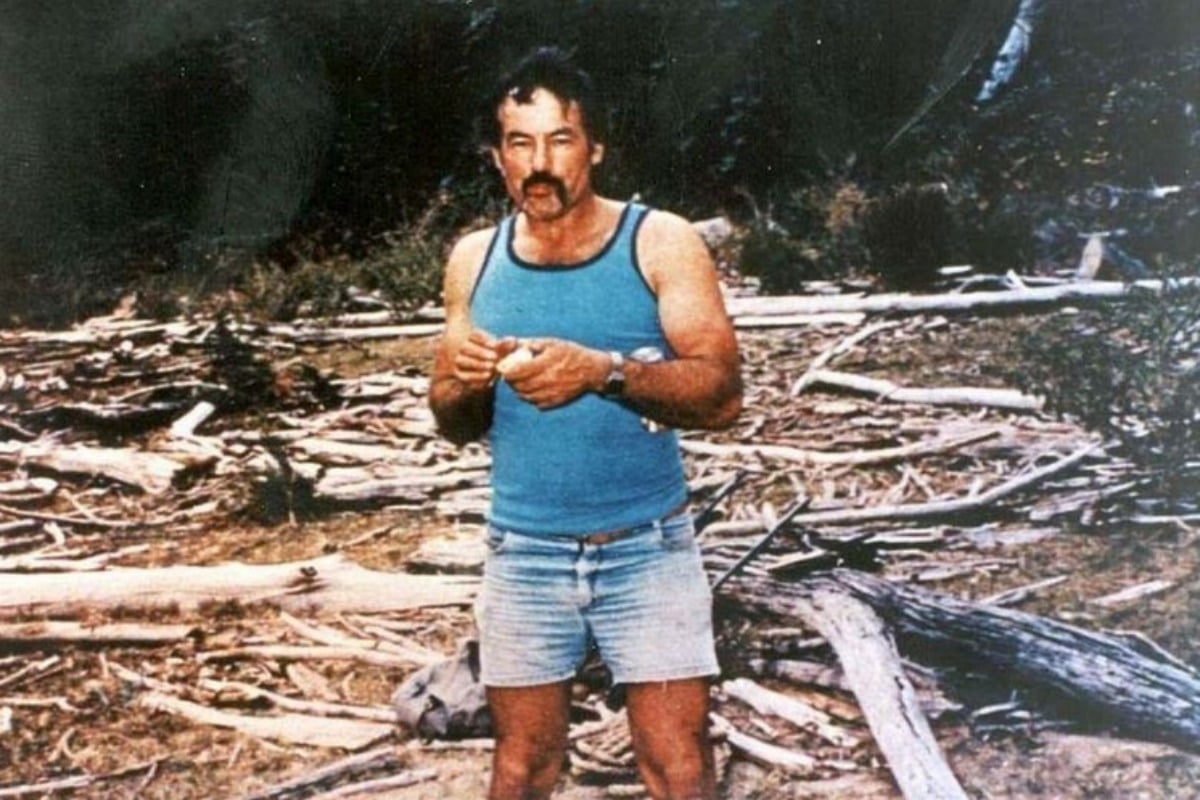
-With AAP.
1. Serial killer Ivan Milat has been diagnosed with terminal cancer.
Serial killer Ivan Milat has been diagnosed with terminal cancer and is unlikely to return to NSW’s highest security prison.
Milat spent a third night in a Sydney hospital, after being transferred from Goulburn’s supermax jail for medical tests on lumps found in his throat and stomach.
The 74-year-old backpacker killer was transferred from Goulburn to Prince of Wales Hospital in Randwick on Monday afternoon.
Milat is being held in a secure annexe of the hospital where inmates are treated. He is also showing signs of dementia.
The Seven Network and ABC on Wednesday both reported Milat had cancer and wouldn’t be returning to Goulburn but would likely be transferred to Long Bay Jail hospital.
The former road worker was sentenced in 1996 to seven consecutive life sentences for murdering seven backpackers whose bodies were found in makeshift graves in NSW’s Belanglo State Forest in the 1990s.
He also kidnapped British tourist Paul Onions who managed to escape from Milat’s vehicle.
Milat has lost 20 kilograms over the past few months, with the ABC reporting a source close to his family he was suffering from geriatric anorexia and was “dangerously thin”.
Prison sources told the ABC he regularly refused food or would swallow sharp objects like paper clips and razor blades if guards did not meet his demands.
He routinely complained about prison food and threatened to hurt himself when his toasted sandwich machine was taken away due to “bad behaviour”.


Top Comments
And so we see him receive the best of care until he dies ... when really he should have been put down like the rabid dog he is. Makes me mad that murderers like these live out their days on the taxpayers pocket. Someone should smother him with a pillow!
Whole I normally wouldn’t celebrate someone being diagnosed with cancer, in Milat’s case it seems only fair. And frankly, I hope he has a long, drawn out and painful death. The only down side is that he won’t rot in prison longer.